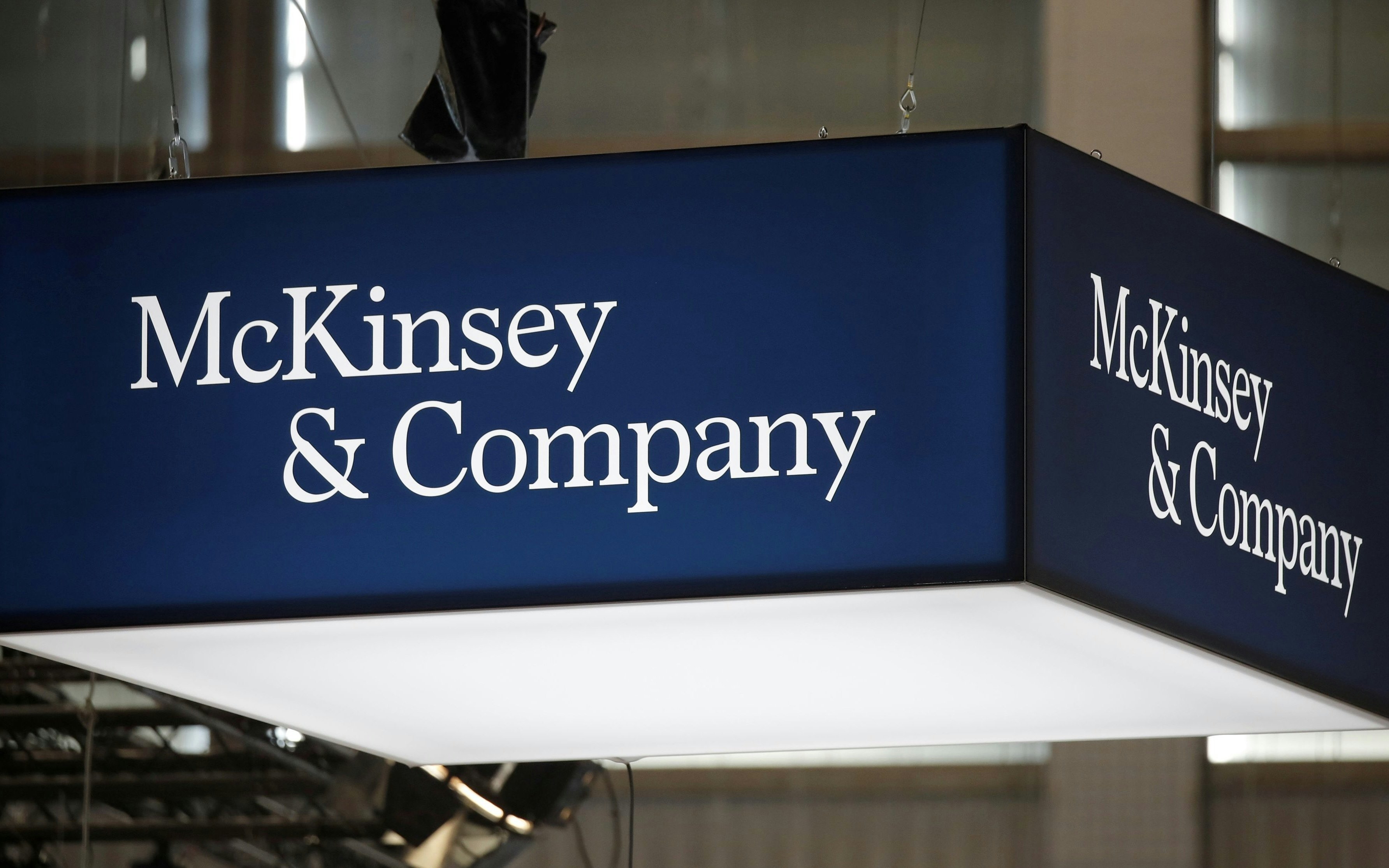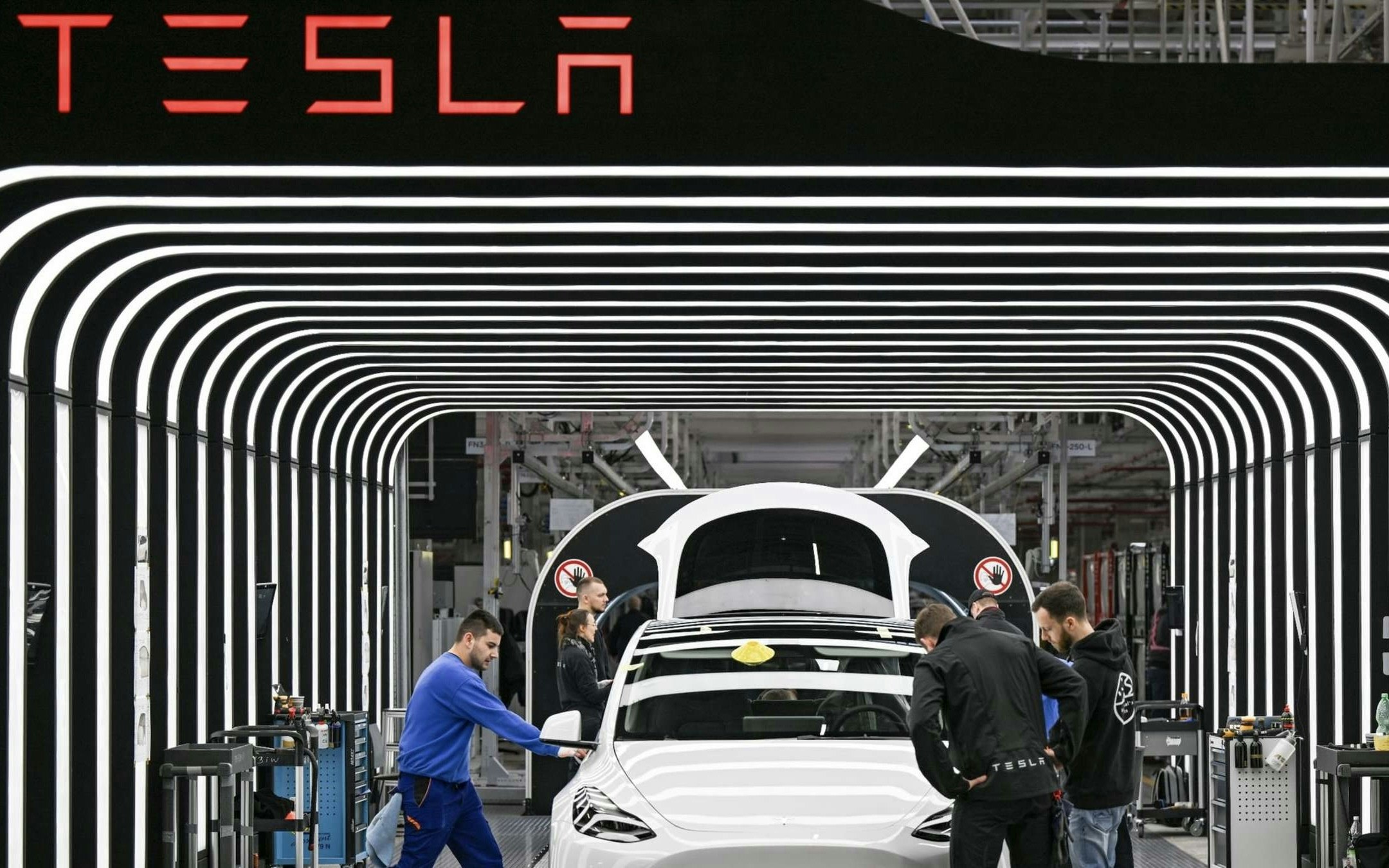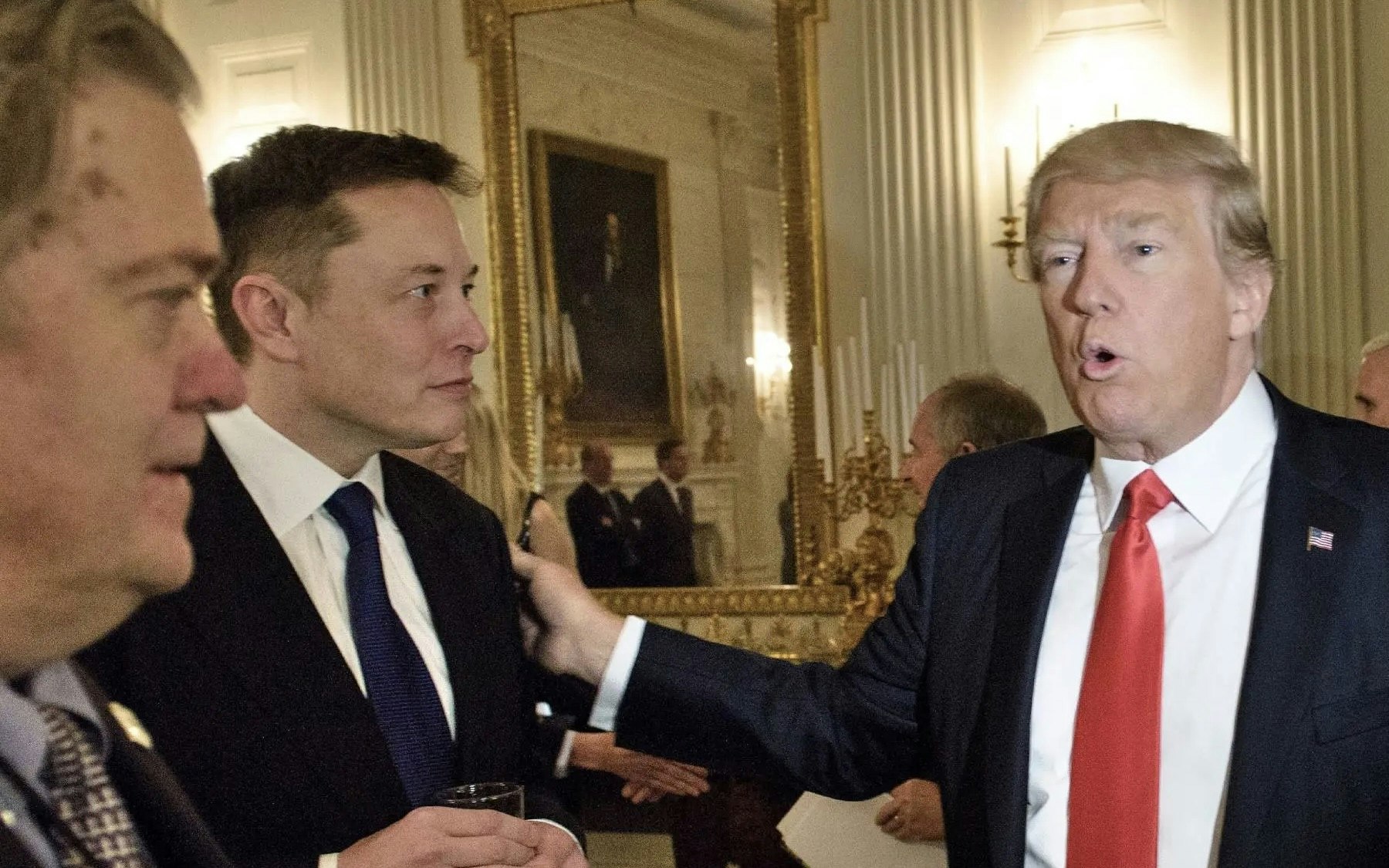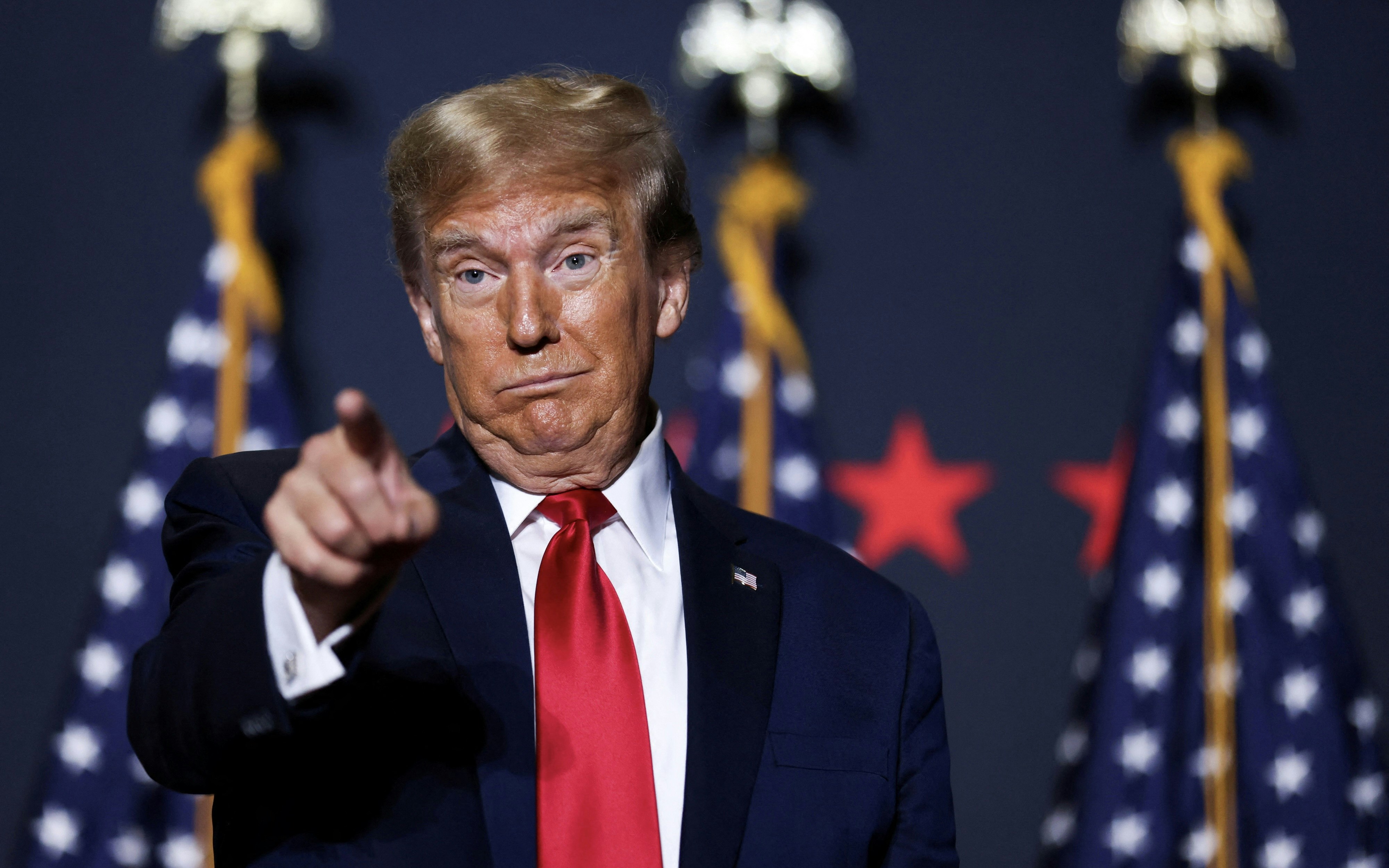After a turbulent phase marked by declining demand, layoffs, and legal challenges, consulting giant McKinsey is facing significant changes. CEO Bob Sternfels, who has been leading the company for several years, has initiated a comprehensive realignment.
McKinsey announced in 2021 it would pay $641 million to settle lawsuits related to its work for the OxyContin manufacturer Purdue Pharma and other pharmaceutical companies. The U.S. Department of Justice has initiated a criminal investigation. Sternfels was also questioned by the U.S. Congress regarding McKinsey's activities in Saudi Arabia and China.
The election for global Managing Partner at the beginning of this year extended over three rounds and revealed dissatisfaction within the company. Sternfels retained his position, highlighting the unusual structure of the company where 750 senior partners elect the leader every three years.
McKinsey adjusts its fee structure and undertakes more work where payment is tied to achieving agreed-upon results. Asutosh Padhi, head of McKinsey North America, will work on such experiments, which are part of a broader leadership renewal. Rodney Zemmel, head of the growing McKinsey Digital practice, will focus on adapting work in the age of artificial intelligence.
A 30-member "Partnership Modernization" team discusses governance issues, including the term length of the firm's leader and the frequency of elections. Starting July 1, McKinsey's leadership team will be separated from its board to clearly distinguish between overseeing the company and managing operations.
**Sternfels emphasizes the necessity of making the company appear smaller despite its global structure. McKinsey is exploring how internal "communities" could be created to bring together employees from different areas to work on specific projects such as infrastructure.**
McKinsey has a culture of 'up or out,' where consultants either advance or leave the company. Earlier this year, around 3,000 employees were notified due to insufficient performance evaluations. Sternfels emphasizes that McKinsey is a meritocracy and that the evaluations are in line with historical averages. 'Not everyone gets a top rating,' he said.
McKinsey plans to hire 6,000 new employees this year and expects net workforce growth in 2024. The hiring of new employees during the pandemic, when demand for McKinsey's services surged, led to an overload that has now been balanced.
The U.S. Department of Justice is investigating McKinsey’s work with opioid manufacturers. A former senior partner recently sued the company and Sternfels for allegedly false statements related to his dismissal. Sternfels expressed confidence that a resolution will be found.
McKinsey's work with the Saudi Arabian sovereign wealth fund and their consulting for the US government as well as Chinese state-owned enterprises are also under scrutiny. Sternfels emphasized that McKinsey does not conduct direct business with the national or provincial government of China and that the majority of their work in China is with multinational corporations and other private clients.
McKinsey increasingly focuses on the use of artificial intelligence. Sternfels and his colleagues emphasize the necessity for consultants to adapt to this new era and utilize tools that make their work more efficient, allowing them to concentrate on higher-value services.
Sternfels, a McKinsey veteran with 30 years of experience, emphasizes the importance of continuous development and innovation to keep McKinsey at the forefront of the consulting industry.







